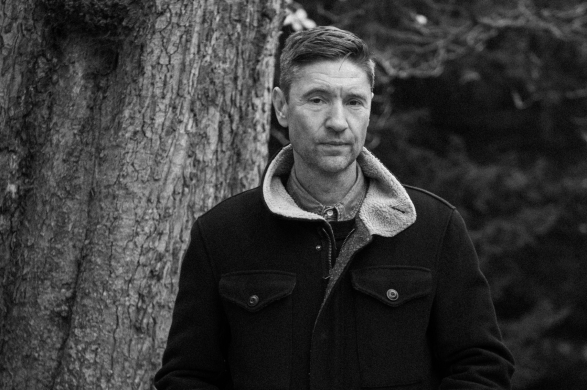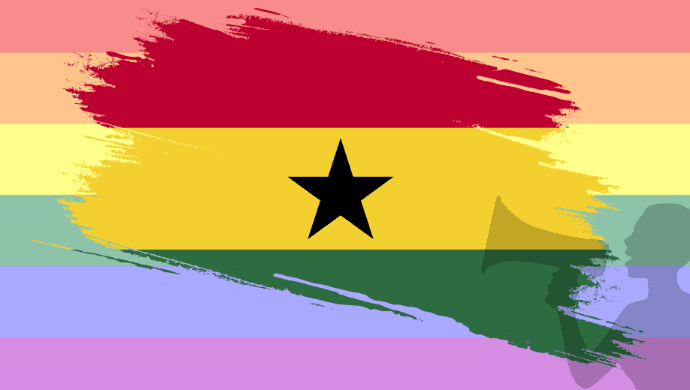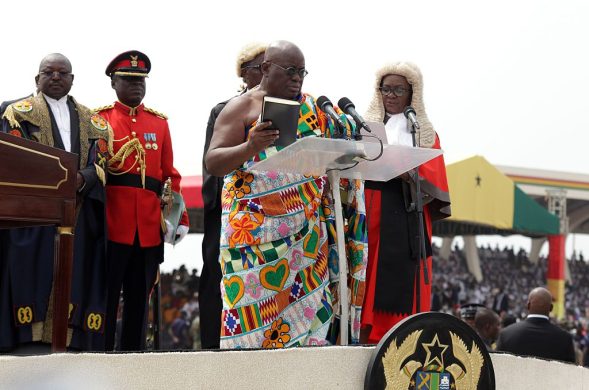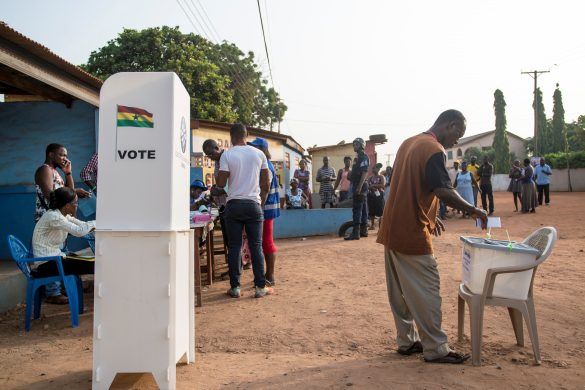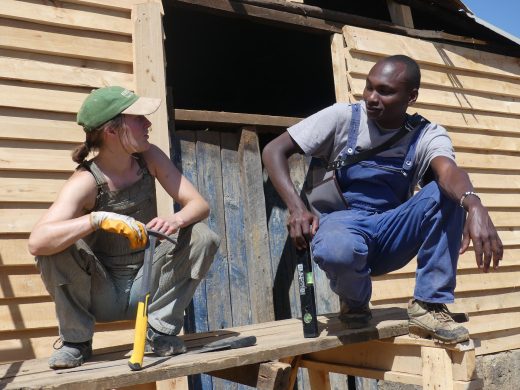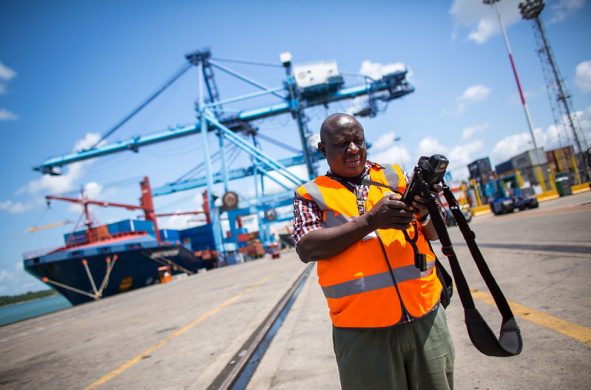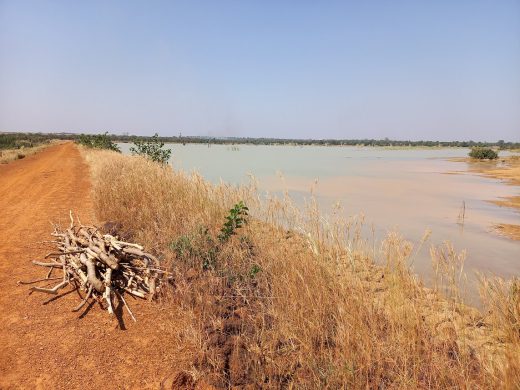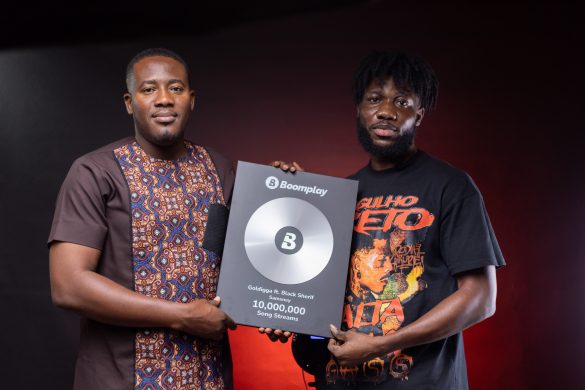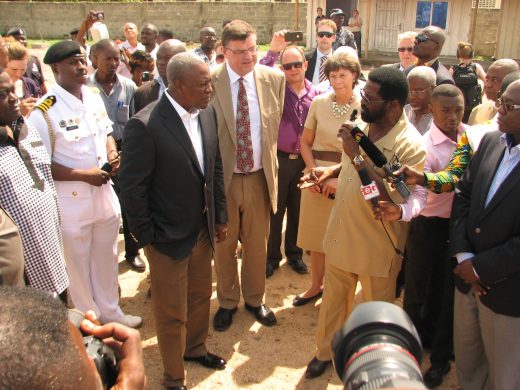Ghana has recently reached middle-income status but still struggles with a water deficit and widespread lack of sanitation. Despite challenges, Ghana is one of only four countries in sub-Saharan Africa on track to meet the Millennium Development Goal for water by 2015. Af: Joseph Appiah-Dolphyne, AfricaNews editor in Accra, Ghana, January 19, 2011 While 90 per cent of the capital city’s (Accra) residents have access to safe water, only about one-third have drinking water piped into their homes—and even among that group, many get only an irregular supply. Many households must buy water for flushing and washing from private tankers, and drinking water from private producers. Those with no room to store water – mainly the poor – pay more for it, says resident Beatrix Allah-Mensah, a World Bank social development specialist whose portfolio includes water-related projects. Through such efforts, Ghana is making steady progress toward the United Nations Millennium Development Goal (MDG) for safe drinking water. According to a 2009 World Bank study, “Trans-forming Africa’s Infrastructure”, the West African country is one of only four (and one of two low-income) countries in sub-Saharan Africa on track to meet the goal by 2015. The Ghanese Government estimates it will need to invest about 1,6 billion US dollar a year over 10 years for adequate infrastructure. Læs videre på: http://www.africanews.com
Ghana satser på at nå 2015-målene om drikkevand til alle

Hedebølge i Californien. Verdens klimakrise har enorme sundhedsmæssige konsekvenser. Alligevel samtænkes Danmarks globale klima- og sundhedsindsats i alt for ringe grad, mener tre debattører.
Foto: Kevin Carter/Getty Images



